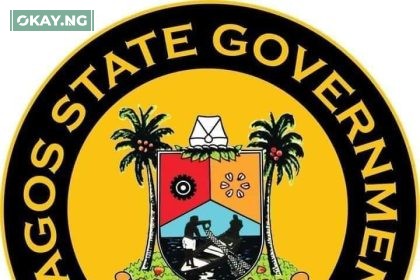Nigeria’s private sector demonstrated significant resilience in March, showcasing a notable uptick in efficiency and expansion, according to the latest Stanbic IBTC Bank Purchasing Managers’ Index (PMI). The headline PMI surged to 54.3, a substantial increase from February’s 53.7, signaling the most pronounced improvement in business conditions since the start of 2024. This positive trend marks the fourth consecutive month of growth, painting a picture of a steadily strengthening economy.
“Softening inflationary pressures are helping to improve domestic demand conditions, in turn, supporting an overall improvement in private sector activity in Nigeria,” stated Muyiwa Oni, Head of Equity Research, West Africa, at Stanbic IBTC Bank. This improvement is largely attributed to a surge in new orders, which saw its fastest growth in 14 months, reflecting a robust demand climate.
The PMI, which measures the health of the private sector, indicates that readings above 50.0 signify growth. The March data reveals that output and employment levels are on the rise, contributing to the overall positive momentum. Notably, input costs are increasing at the slowest pace since May 2023, easing the burden on businesses and fostering a more favorable operational environment.
“Central to this improvement is an increase in customer requests, which ensured the rate of growth in new orders in March quickened to their fastest pace in 14 months,” Oni explained. This surge in demand has directly translated to increased output and a steady rise in employment. However, it is worth noting that some firms are opting for contract-based hiring, indicating a cautious approach to long-term commitments.
Despite the overall positive outlook, staff costs continue to rise, as companies adjust wages to help employees cope with the persistent high cost of living. “Although the pace of increased input costs for the Nigerian companies moderated sharply in March, with the latest rise being the slowest since May 2023, albeit still marked,” the report said.
Read Also: Nigeria’s Economy Shows Signs of Life: PMI Surges Back Above 50
Looking ahead, Stanbic IBTC projects a promising outlook for the non-oil sector. “Private sector activity in first quarter 2025 was at a much better position compared to the preceding quarter and this is consistent with a likely 3.9 per cent year-on-year growth in the non-oil sector in the same period, signifying a further improvement in business conditions,” Oni said.
The anticipated stability in foreign exchange and improved liquidity conditions are expected to further bolster real sector activities, including manufacturing, trade, and real estate. This, coupled with potential reductions in borrowing costs, is projected to drive further growth. Stanbic IBTC forecasts a 3.4 percent year-on-year growth in the non-oil sector for 2025, contributing to an overall economic growth projection of 3.5 percent.
The first quarter of 2025 is predicted to see a 3.7 percent year-on-year growth, indicating a steady trajectory of economic expansion. These figures suggest a promising future for Nigeria’s private sector, driven by strategic economic adjustments and a resilient business environment.













